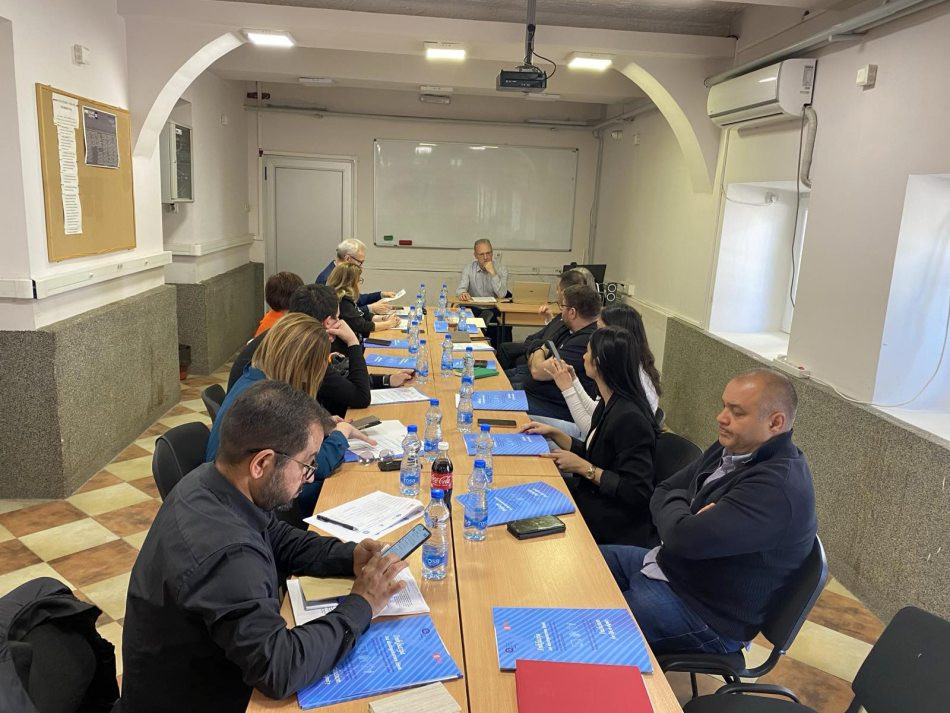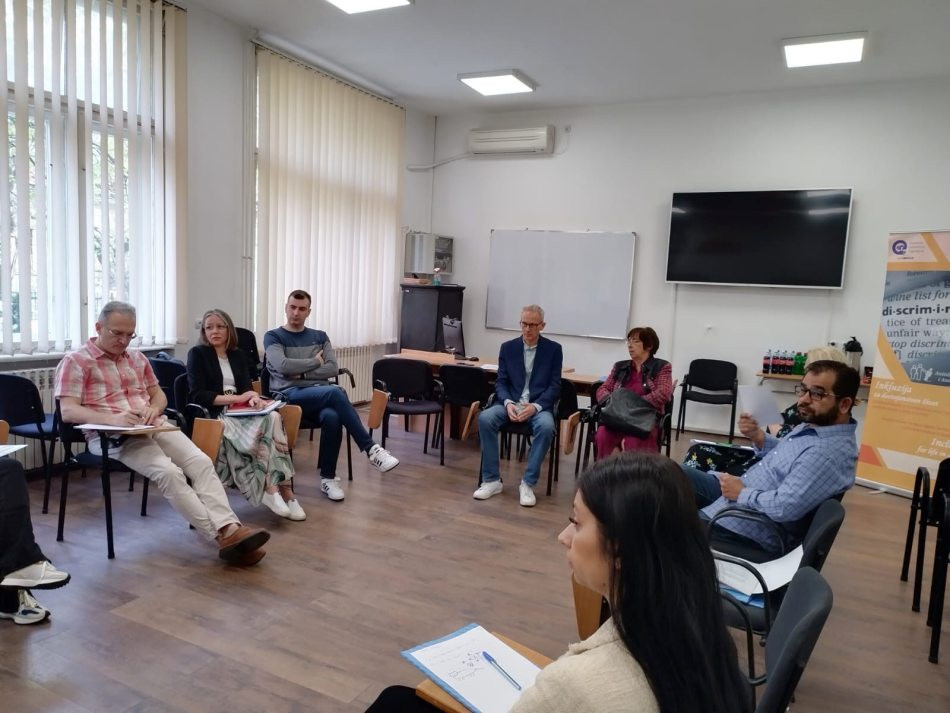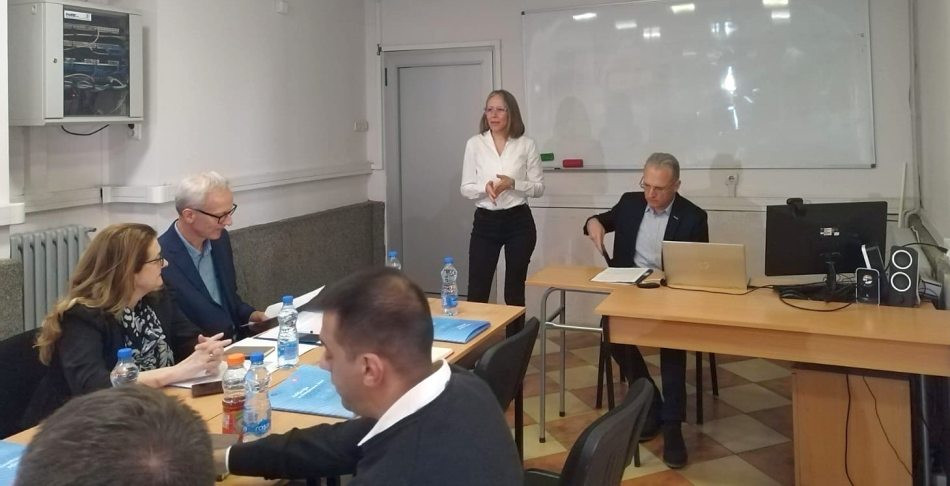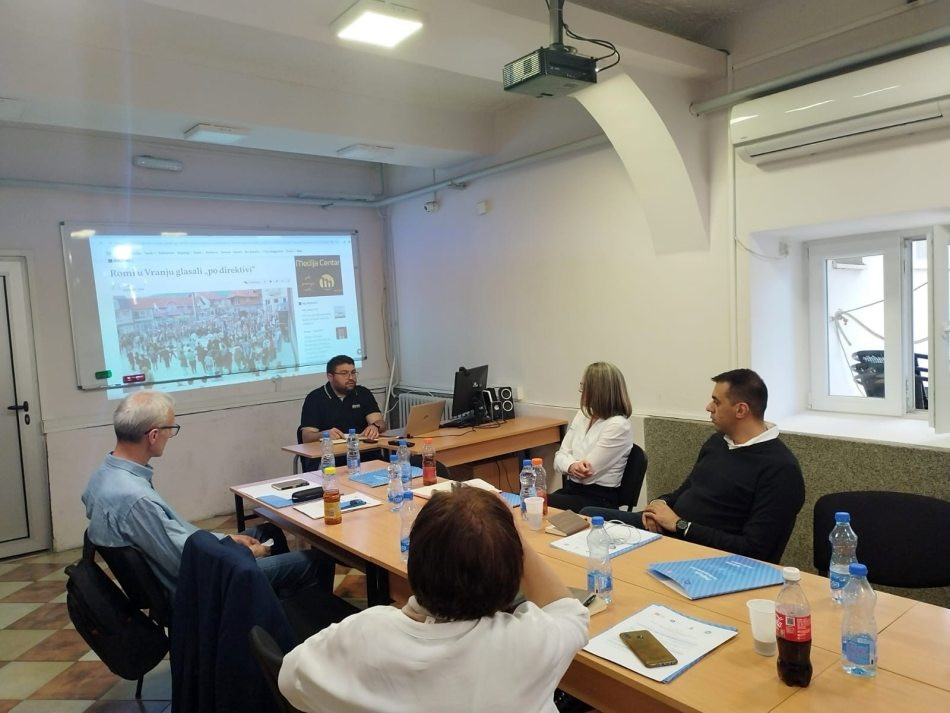2nd workshop on the cooperation of media workers in the prevention and fight against discrimination against Roma in Niš, April 5-6, 2024.

10. Apr 2024.
Through the exchange of experience and knowledge, the participants of the workshop discussed how to contribute to reducing discrimination against Roma and building a more tolerant society towards socially excluded fellow citizens.
The organization of the event is supported by the project "Social inclusion for dignified life of Roma and other vulnerable people in Serbia 2023-2026", which is implemented by the Ecumenical Humanitarian Organization in partnership with seven cities and municipalities in Serbia, including Niš.
After the successful first workshop in Novi Sad, the second was held in the premises of the Faculty of Philosophy in Niš.
The workshop was attended by 20 journalists from newsrooms that report and are located in the territory of southern Serbia, including colleagues from the national RTS service, who participated in the first workshop in Novi Sad. Their opinion and experience were extremely important for the workshop because they had the opportunity to share their experiences on socially responsible reporting with colleagues from other media companies in Serbia.
On the first day, the focus was on the role of the media in forming the image of the Roma, with lectures by Dragan Todorović, a professor at the Faculty of Philosophy in Niš, Branko Đurić from the Roma newsroom of RTS, and Turkijan Redžepi, the production director of Roma World.
During the second day, the challenges and perspectives of cooperation between the majority and Roma media were discussed, and Igor Jovanović, activist and ambassador of anti-Gypsyism, and Gordana Nešović, editor of the Romano Them show on Radio Belgrade, shared their views on the future of Roma reporting.
At the workshop, conclusions and proposals were made for the Third Workshop, which will be held in Belgrade in September of this year.
This event represents a joint contribution to breaking down stereotypes and prejudices against Roma and affects the better integration of the Roma community in society.


